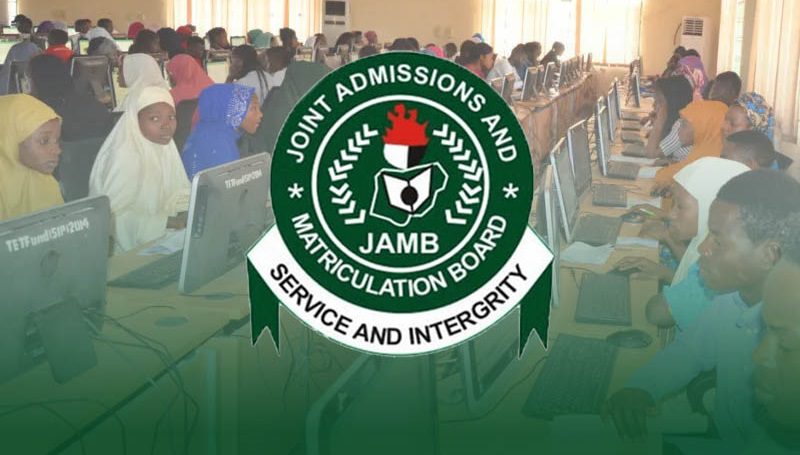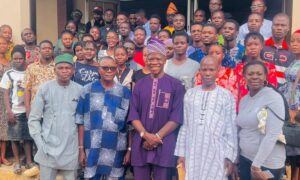The Joint Admissions and Matriculation Board (JAMB) has set new national minimum cut-off marks for the 2025/2026 academic session. According to the announcement shared on the Board’s official X (formerly Twitter) account, candidates seeking admission into Nigerian tertiary institutions will need to meet the following minimum scores:
- 150 for universities
- 100 for polytechnics and colleges of education
- 140 for colleges of nursing sciences
“The minimum admissible scores for admissions for the next academic session have been fixed at 150 for universities, 100 for polytechnics, 100 for colleges of education and 140 for colleges of nursing sciences by the stakeholders,” the board stated.
The new benchmarks were agreed upon during the 2025 JAMB Policy Meeting held in Abuja, with key stakeholders such as vice-chancellors, rectors, provosts, and regulatory heads in attendance.
Institutions Can Set Higher Scores, But Not Lower
These minimum cut-off marks act as a national standard. However, each institution has the freedom to set its own cut-off above the minimum based on its admission policies and available capacity. This means a university can decide to use 180 or 200 as its internal benchmark, but it must not go below the national minimum of 150.
Why Cut-Off Marks Matter
The aim is to ensure uniformity, maintain academic quality, and give institutions a structured basis for selecting candidates. It’s also a way to broaden access to tertiary education, especially for those from underserved areas.
A Look at Past Trends
In 2024, the national minimum cut-off was 140 for universities and 100 for polytechnics and colleges of education. Between 2016 and 2022, university benchmarks fluctuated between 160 and 180 before JAMB began lowering the threshold in recent years.
Interestingly, this year’s UTME saw significant improvements in candidate performance:
- 17,025 candidates (0.88%) scored 300 and above – the highest in 13 years
- 117,373 candidates (6.08%) scored 250 or more
- 565,988 candidates (29.3%) scored above 200
These numbers mark a noticeable jump from previous years, where fewer candidates crossed these thresholds.
Still, JAMB noted that only about 21.5% of candidates scored above 200 overall. This is despite technical challenges and cases of malpractice that led to a national resit for some candidates earlier in the year.
The Students Forum Nigeria serves as the ultimate hub for Nigerian students, fostering academic growth, social engagement, and knowledge sharing.




























